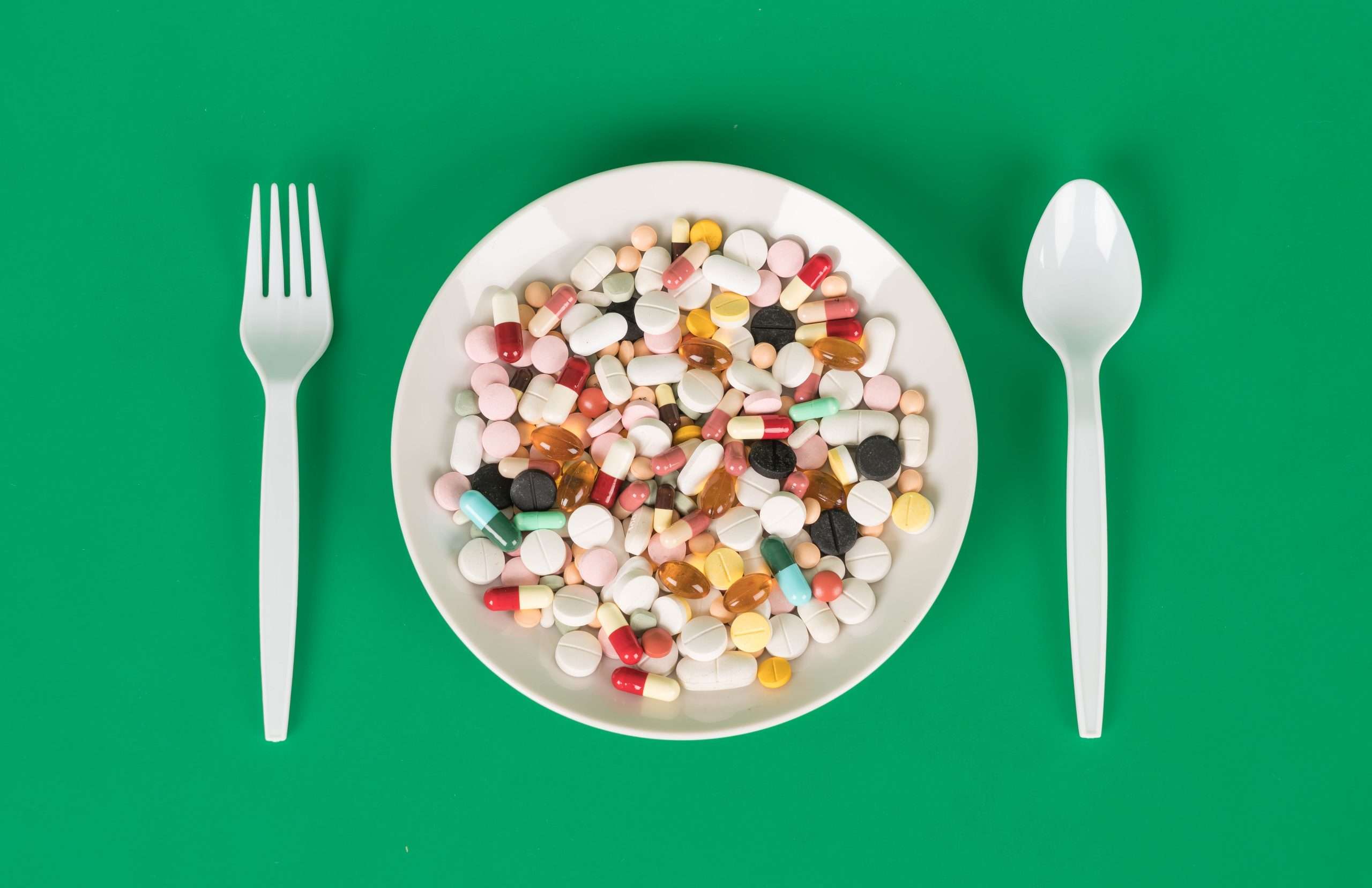
Micronutrients are essential for our well-being, and even though they are needed just in trace amounts, micronutrient deficiencies reportedly affect 3 billion people worldwide. In our further blog posts, we would like to review the main micronutrients that influence thyroid health and define how to ensure you have enough of them in your diet.
General overview
Selenium is a nutritionally essential trace mineral, which means that the human body needs a very small amount of it to come with food or supplements regularly. If the soil has enough selenium in it, the plants which grow on it are selenium-rich, and, thus, the animals and fish, which consume such plants, also serve as a source of selenium. Selenium deficiency is a relatively rare condition in the U.S. as the soil throughout North America is generally rich in selenium. Some regions of China, Europe, and Russia have selenium-deficient soil, which explains why it is important to know where your food comes from.
The Recommended Dietary Allowance (RDA) for adult men and women 19+ years of age is 55 micrograms of selenium daily. Pregnant and lactating women require about 60 and 70 micrograms per day, respectively. Most selenium in the body is stored in the muscle tissue. That is why eating meat and fish helps to meet the recommended amount of selenium faster, though vegetarian and vegan diets may also meet the needs if planned properly.

Why is selenium important for our health?
Selenium deficiency does not usually cause illness itself; it rather makes the body more susceptible to diseases caused by other nutritional,
biochemical, or infectious factors. There are only three specific diseases linked directly to selenium deficiency. Keshan disease is associated with an enlarged heart and cardiac failure, it occurs only in selenium-deficient children. Kashin-Beck disease is a disorder of the bones and joints of the extremities typically met in selenium-deficient children and adolescents. Lastly, myxedematous endemic cretinism, a condition that results in mental retardation, occurs in infants born to mothers deficient in both selenium and iodine.
Earlier, there was an opinion that selenium’s antioxidative properties have a protective effect against cancer and cardiovascular diseases. Cochrane review conducted in 2018 found no evidence to suggest that increasing selenium intake through diet or supplementation prevents cancer in humans. Similarly, the studies demonstrate uneven results regarding the role of selenium in cardiovascular disease prevention.

Selenium and thyroid health
There are multiple selenium benefits for thyroid diseases:
- There is a high concentration of selenium in the thyroid gland, where several selenium-containing enzymes regulate the thyroid function. If the body does not have enough selenium, it can lead to thyroid conditions such as Hashimoto’s disease and Graves’ disease.
- The enzymes that convert the thyroid hormone thyroxine (T4) to triiodothyronine (T3) are selenium-dependent.
- Even though more evidence is required, several studies demonstrated that selenium supplements reduce thyroid peroxidase antibodies (TPO), as well as the severity of hypothyroidism symptoms.
- Several studies shown that treating patients who have mild to moderate Graves’ orbitopathy with selenium supplements improved their quality of life and slowed the progression of symptoms. However, there is also a lack of randomized clinical trials conducted in this area.
Thus, there are crucial selenium benefits for thyroid diseases, though further research is required to understand it better. In our next post we will cover selenium-rich foods and methods to increase the amount of this micronutrient in your diet.



